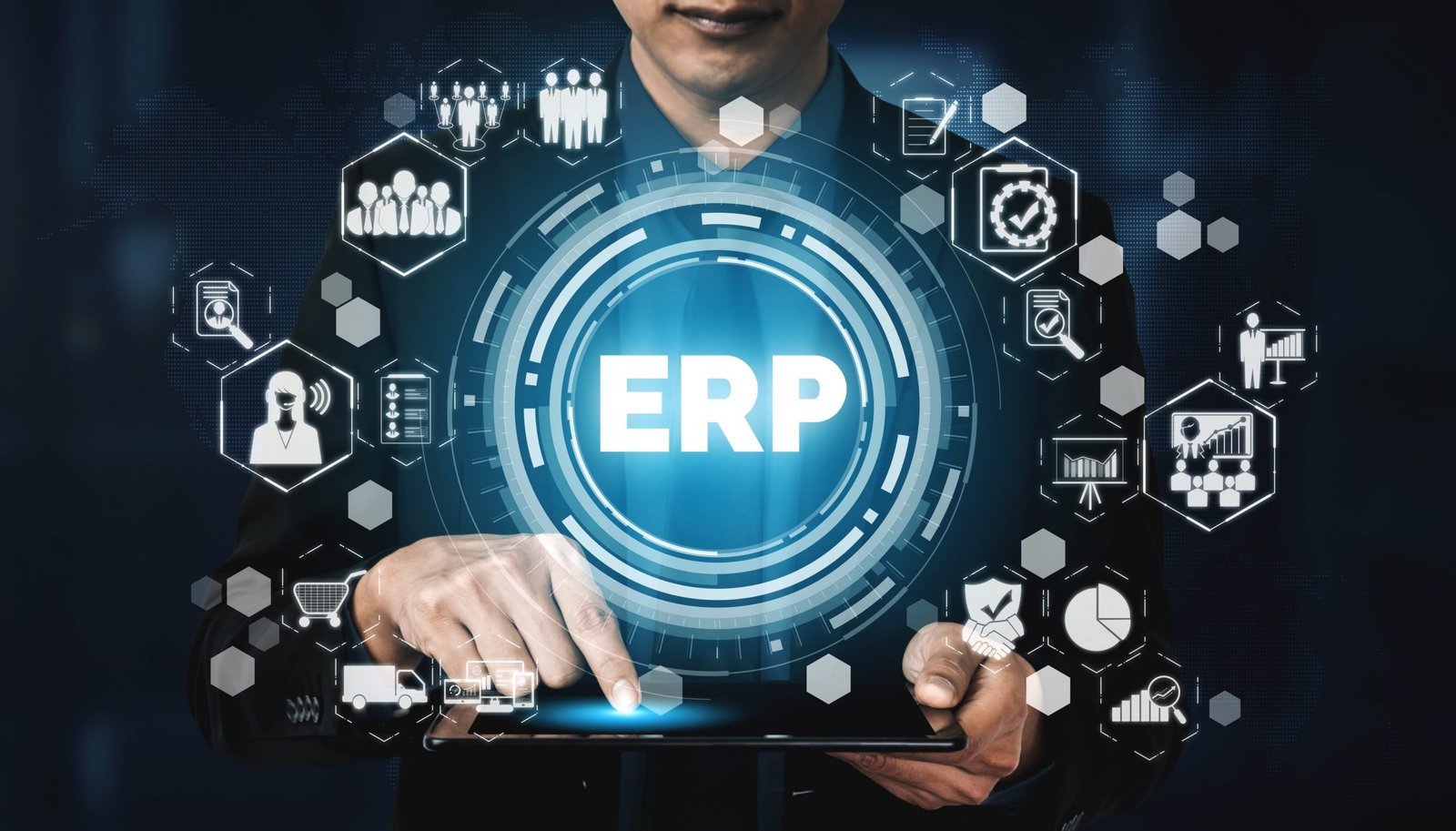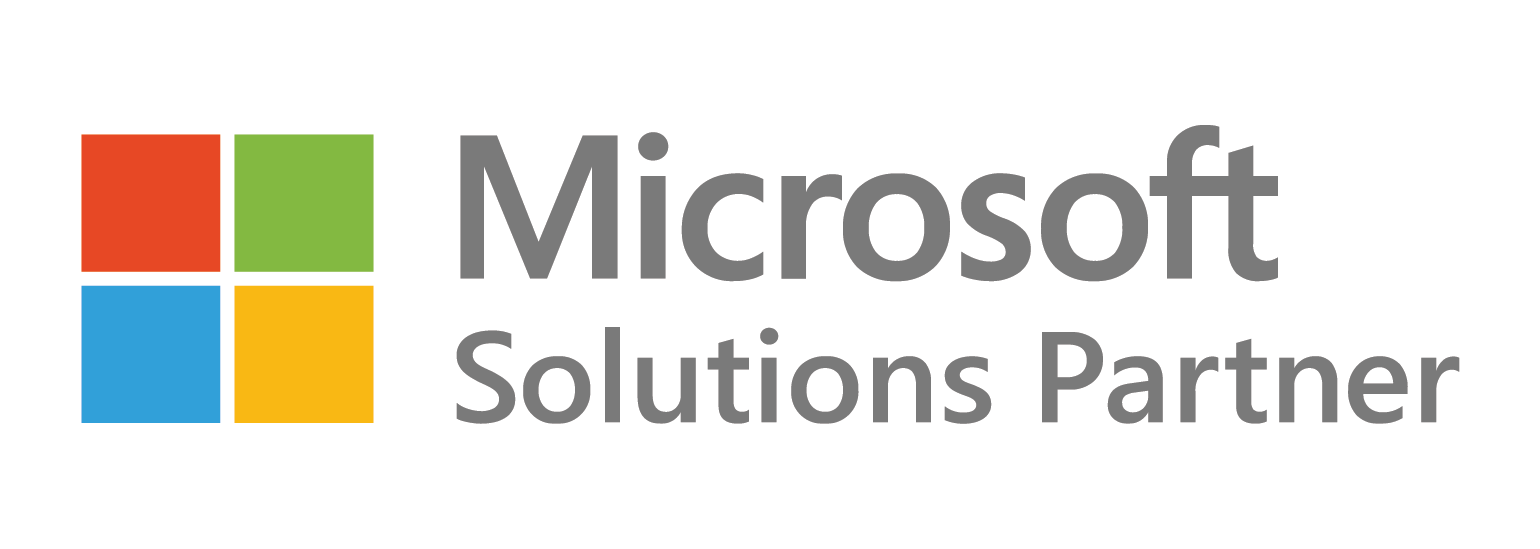In the fast-paced and evolving world of modern business strategies, Enterprise Resource Planning (ERP) has become a crucial tool within organizations.

This paper will offer a comprehensive overview of ERP, including its definition, extensive applications (both major and minor), various types (general, junior, and senior) components, the complex aspects of creating an immersive experience using an ERP roleplay system (e.g. A video game with real-life scenarios), and the strategic value of working with industry experts to ensure successful implementation through technology partnerships.
What is ERP?
At its core, Enterprise Resource Planning (ERP) is essentially a highly dynamic and all-encompassing software solution that has been carefully designed to manage and integrate core business processes in real time.
The process encompasses finance, human resources and supply chain management, manufacturing (including contracting), procurement (excluding insurance), and other important areas of business.
ERP systems act as data centers with a central data point, which facilitates communication and collaboration among various departments within an organization. ERP’s main purpose is to improve business operations, reduce expenses, and provide accurate and current information for better management of business activities.
What is ERP used by?
The versatility of ERP lies in its ability to adapt to a wide range of industries, including manufacturing and retailing, healthcare, finance, and services.
The use of ERP systems is not limited to large corporations but also extends to small to medium-sized businesses, allowing them to streamline their operations, improve internal communication, and gain competitive advantage in their markets. ERP’s inherent flexibility makes it a powerful and versatile solution that can meet the unique operational requirements of various industries with ease.
What are the 3 common types of ERP?
The business needs of an ERP system are met in a variety of configurations, with each type being carefully tailored to meet those requirements. There are three primary classifications of ERP software:
On-premises ERP is a traditional approach that involves installing and maintaining ERP on the company’s in-house servers, providing varying levels of customization and control.
Cloud ERP systems, which are hosted on remote servers, offer organizations the ability to scale, be accessible, and cost-effective solutions. This is particularly beneficial for businesses that want to achieve agility or flexibility in their operations.
Hybrid ERP solutions are a combination of on-premises and cloud-based systems that allow organizations to customize their approach while benefiting from cloud availability and scalability.
What are the 5 components of ERP?
The robust foundation of ERP systems is built upon five essential components, each playing a pivotal role in ensuring seamless integration and functionality:
- Software: The heartbeat of ERP, this core application facilitates the integration of diverse business processes into a cohesive whole.
- Hardware: The physical infrastructure, including devices and servers, forms the backbone that supports the installation and operation of the ERP software.
- Database: Serving as the digital repository, the database is pivotal for efficient data storage, retrieval, and management within the ERP system.
- Network: The intricate web of connectivity that facilitates seamless communication and data transfer between different components of the ERP system, ensuring real-time responsiveness.
- People: The end-users and stakeholders, encompassing employees, administrators, and decision-makers, actively engage with and utilize the ERP system, making them a dynamic and indispensable component in the overall framework.
What is ERP Roleplay?
ERP implementation can involve immersive experiences, such as ERP roleplay, which is both fascinating and beneficial.
This practical approach involves the active simulation of different business scenarios within the ERP system, serving multiple functions. The use of ERP roleplay provides a great opportunity for users to gain insight into the system’s capabilities and operations.
Moreover, it serves as an essential mechanism for verifying and improving procedures to ensure that the software is intelligible with the specific operational needs of an organization.
The implementation of these approaches in real-life scenarios provides stakeholders with a deep understanding of how the ERP system works, equipping them with the necessary knowledge to deal with any difficulties that may arise in their everyday activities.
Why implement ERP with Pioneers IT?
At Pioneers IT, we are firm believers in the transformative power of Microsoft Business Apps. Our all-encompassing suite of solutions is designed to propel your business forward, ensuring not just survival but thriving in the dynamic digital landscape. With an unwavering commitment to innovation and efficiency, our mission is to steer you towards a digitally transformed future.
Immerse yourself in a customer experience that promises seamless connectivity, heightened productivity, and unparalleled success.
Our devoted team stands ready to collaborate closely with you, comprehending your distinct needs and customizing Microsoft’s Business Apps to align seamlessly with your business objectives.
Conclusion
Enterprise Resource Planning (ERP) is crucial for organizations to survive and thrive in the modern business landscape. Its definition, applications across industries, common types, components, and roleplay are essential.
As businesses evolve and embrace technological advancements, understanding and harnessing ERP’s power becomes a strategic imperative. Stay tuned for the latest ERP trends and innovations shaping the future of business management.



